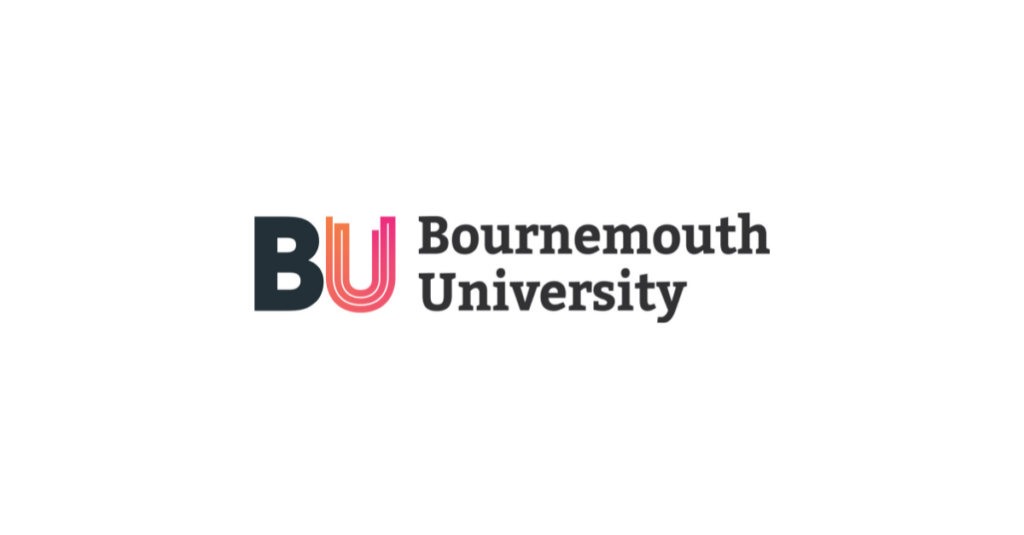 Lifelong Learning at the heart of everything it does
Lifelong Learning at the heart of everything it does
The Open University (OU) was the world’s first successful distance teaching university, founded on the belief that there were many more people who were capable of studying to degree-level than could attend traditional campus universities – and that communications technology could bring them high quality degree-level learning. Since its foundation in 1969, over two million people have studied with the OU and approximately 180,000 people (over 10,000 from overseas) now study either on qualifications or individual modules. Of these, 73% are working full- or part-time, over 10% declare a disability and there are 1,800 students on more than 200 courses in 150 prisons or secure environments.
The OU’s model of supported open distance learning allows a learner to study when and where they wish, at an intensity they choose themselves, through a variety of media and with a range of support options. Such flexibility also extends to subject choice. As the most flexible degrees in the UK, learners can design their own qualification to suit personal and professional needs, interests and aspirations, mix and match subjects, or combine one main subject with a few modules from other areas. It is easy to change direction if study interests change and many Open programme students bring credits from higher education studies completed elsewhere.
 Central to the OU’s success has been securing partnerships to ensure they can reach the widest possible range of learners. For example, it works closely with broadcast media providers to generate 250 million views a year of OU content, and provide free learning for nine million active learners through YouTube, Amazon and Google Play, as well as free Open Educational Resources for millions of people through Openlearn and Futurelearn. Through the OU Anywhere App, registered students can now download all their learning materials as ebooks and resources to use offline.
Central to the OU’s success has been securing partnerships to ensure they can reach the widest possible range of learners. For example, it works closely with broadcast media providers to generate 250 million views a year of OU content, and provide free learning for nine million active learners through YouTube, Amazon and Google Play, as well as free Open Educational Resources for millions of people through Openlearn and Futurelearn. Through the OU Anywhere App, registered students can now download all their learning materials as ebooks and resources to use offline.
More recently, and using HEFCE funding for National Networks for Collaborative Outreach, the Social Partnerships Network (SPN), a group of organisations including the WEA, Unionlearn, the Learning and Work Institute, the Association of Colleges and National Council for Voluntary Organisations, among others, has produced PEARL. Developed with the intention of becoming a ‘go-to’ resource for those trying to find their way through the plethora of pathways available to adults, it contains a sophisticated diagnostic in the form of an ‘Advise Me’ tool which personalises IAG to individual requirements and characteristics of the enquirer. The SPN also provides free online courses from which learners can receive a badge to display on their CV or LinkedIn profile. This is a helpful first step for those who want to explore what area they would like to work in or the steps needed to get there.




